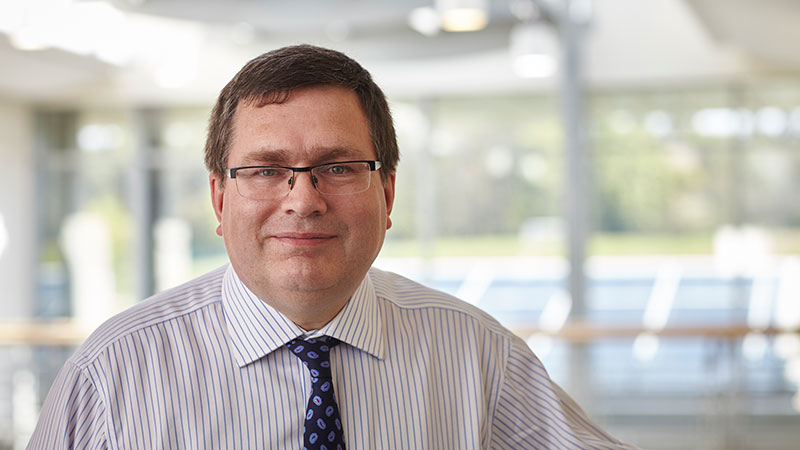Published:

Following the conclusion of the COP28 climate summit in Dubai, Professor Richard A. Williams, Principal and Vice-Chancellor of Heriot-Watt University, offers comment on the what the deal means for global communities.
The recently concluded COP28 climate summit marked a historic moment with the adoption of a final deal urging nations to transition away from fossil fuels to mitigate the severe impacts of climate change. It is the first time such an agreement has been reached in 28 years of international climate negotiations.
COP28 President Dr Sultan Al Jaber promised a stocktake. An honest stocktake had to recognise the pressing need to phase out fossil fuels. The language in the final agreement marks a crucial turning point, acknowledging the reality of our current trajectory and the urgency to accelerate and supercharge our efforts.
The outcome is undeniably positive, we have to be realistic given the complexity of negotiations involving 198 nations with diverse perspectives. The agreement sets a directional tone, acknowledging that it will guide our actions for years to come. The challenge of phasing out fossil fuels is particularly pronounced for developing nations heavily dependent on these resources.
What we haven't seen yet coming through sufficiently strongly from governments’ commitments is the loss and damage funds that these developing nations are going to need to draw on to align behind a reduction and cessation of the use of fossil fuels. And it's a very complex network.
Importantly, that resource is not just going to come solely from governments, but perhaps more significant resource is going to come from the private sector, who will align and get behind some of these initiatives. We often look to our governments to set the guidelines, which they have done, but actually, quite a lot of the financial resource will be coming from other parties, including, of course, the oil-generating countries, because we need finance to make sufficient progress.
The COP28 discussions showcased remarkable instances of businesses seeking funding for substantial scaling. The focus should now shift from political actions to ground-level activities where existing and emerging technologies secure finance to scale. Alignment of people, technology, and financial resources is vital for success, and on the ground, there is a plethora of encouraging activities, which, frankly, both as a citizen and as an engineer, give me confidence that we do have the ambition, and we will succeed.
Many nations, including our own in the UK, seem to be lacking that confidence, grappling with uncertainties. Building confidence is paramount, requiring collective efforts. Activists play a crucial role, and the responsibility is not exclusive to governments. Each individual contributes by enhancing carbon literacy, making informed decisions, and encouraging ethical practices among product providers.
The future is our shared responsibility, shaped by the decisions we make in our lifestyles and the influence we exert on those around us. Confidence can be cultivated and shared to overcome the current dearth of assurance. As we confront the most critical challenge of our time, the message from this year’s climate conference should give us confidence to act and contribute to a more sustainable future for all.
Professor Richard A. Williams
Principal and Vice-Chancellor at Heriot-Watt University